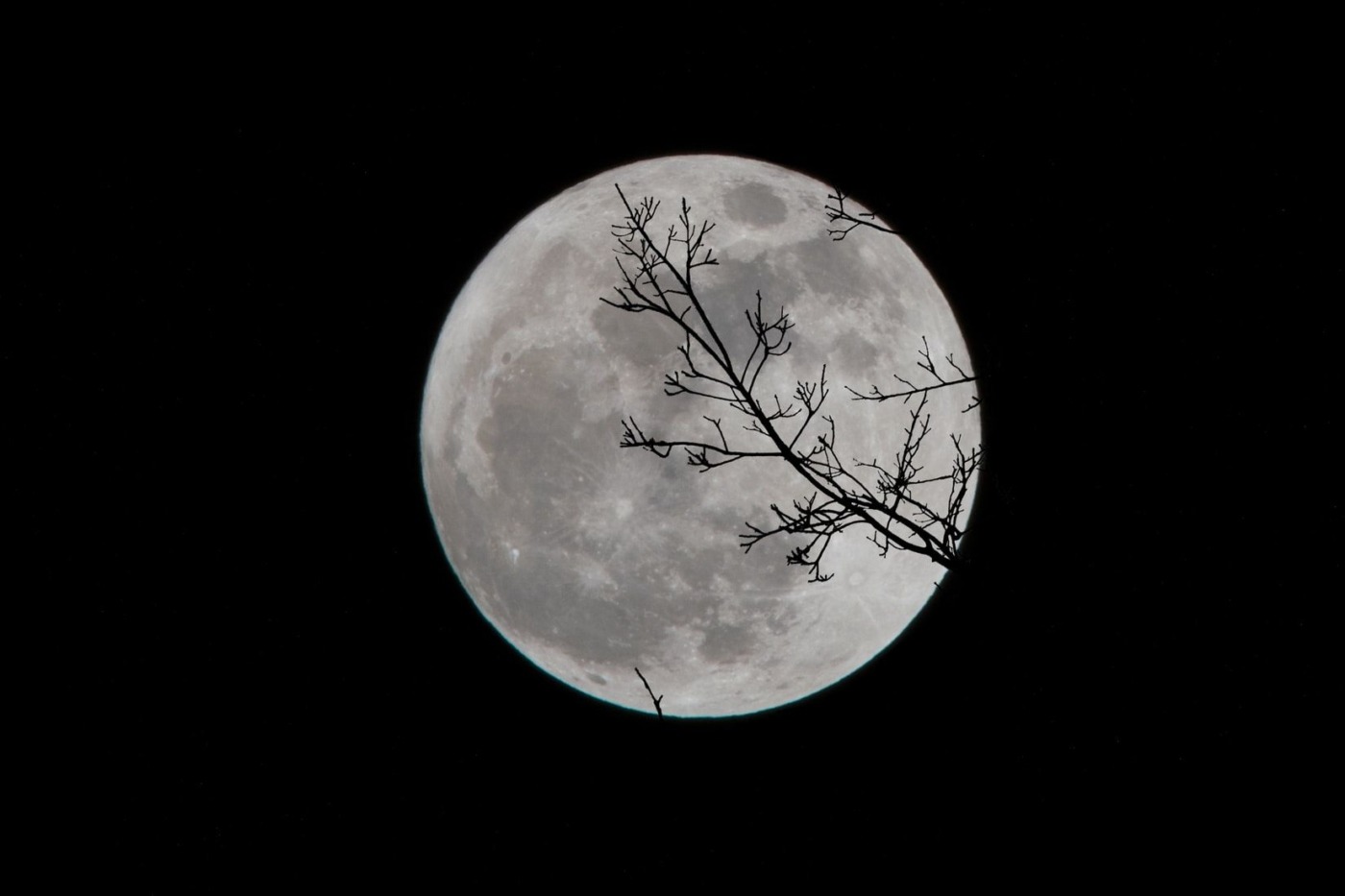How I learned to stop worrying and love the Horror genre
Some people grow up with horror, some people avoid it like a stranger calling multiple times, and some avoid it is until it is thrust upon them by academia. Contrary to the usual narrative wherein any novel, film or show is ruined through scholarly dissection, my gateway drug into horror came from being taught Horror Cinema at Warwick by Dr Helen Wheatley. Studying everything from classic horror to zombies and body horror changed my perceptions of the genre as I saw it for the first time as more than just cinema to disgust or scare people.
Before coming to Warwick, horror films by and large didn’t appeal to me. One reason was the kind of horror films which were coming out during my school years. The found footage era was at its height, with Paranormal Activity provoking jump scares between long periods listening to the sound of silence (not the fun kind). Other films such as Sinister and Insidious were also on the rise, but their advertising made them all seem repetitive and extremely trying. The main thing that kept me away from the genre, however, came from my school piers. I attended an all-boys school and on opening night many would go to see horror films and then come back the next day complaining about how they weren’t scary. My thought process was that, if the films weren’t scary, which was their main selling point, what was the point in seeing them?
My gateway drug into horror came from being taught Horror Cinema at Warwick
It was only when I found out there was a Horror Module at Warwick University that I found I was being reeled in for the first time. I could watch horror films and have it justified with 15 CATS, what was not to like? Signing up for it caused me to abandon my initial fears surrounding the genre. No film could match the terror found within reversing a decision with the University’s admin procedures.
Within the first two weeks I found that, surrounded by some veterans of horror and others testing the waters for the first time, we were all on the same bloody yet fascinating journey. Studying horror allowed me to see these films not as gory spectacles but as stories aiming to deconstruct societal fears and individual anxieties. By studying American Horror Story against the 1930s Frankenstein film I was able to see how horror conventions evolved and how ideas of what was scary changed. Eden Lake taught me about how hoodie horror and fears of the lower-class youth could be translated to screen. Halloween through a feminist lens, Night of the Living Dead through a racial lens, films I’d thought were just trying to scare me turned out to have far more value than I would have otherwise attributed to them. It was like I was finally able to speak horror cinema’s language, and once I was fluent, I was in.
Horror is a genre as deserving of love as the rom-com, drama or art-house picture
The course was led – and still is in the Spring term, so there’s time to get in touch and audit the class – by Dr Helen Wheatley, whose enthusiasm for teaching the macabre is something to treasure. Horror is a genre as deserving of love as the rom-com, drama or art-house picture. It has history, stigmas and it brings fascinating careers to life, as we saw when we held our own horror film festival, Slash-Her, focusing on female horror directors on campus, complete with disembowelled dolls, hanging tampons and pizza. My debt to this particular tutor is felt every time I enjoy a horror film, seeking out an obscure title and appreciating what, until recently, was just icky rather than interesting.
While not everyone can study horror in an academic context, the literature on the subject is worth appreciating. If your perception is that horror is only about watching gory kills (outside of Friday the 13th or Final Destination) then perhaps there is a point you can find which you may enjoy. Give horror a try – through academia, through prolonged exposure, you may find your poison.

Comments